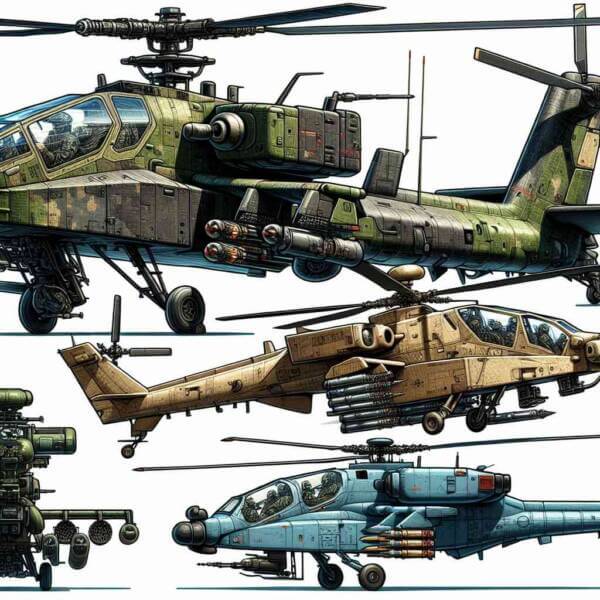Military Aviation: Everything You Need to Know
Military Aviation: Everything You Need to Know
Blog Article

Since its beginnings in the early 20th century, military aviation has changed how wars are fought.
Today, military aviation encompasses a wide range of missions, from fighter jets and bombers to surveillance drones and transport planes.
History of Military Aviation
As technology advanced, airplanes were adapted for air-to-air battles, reshaping military strategies.
Key developments over time:
- Development of air combat tactics
- Creation of long-range bombers and jets
- Rapid development of jet technology
- Modern drone warfare
Each era brought more powerful aircraft that expanded aerial warfare.
Different Roles of Military Planes
Military aviation includes a variety of aircraft, each designed for different roles.
Major aircraft classifications:
- Planes built for speed and agility
- Bombers
- Transport aircraft
- Reconnaissance and surveillance drones
Each type plays a vital role in military operations, from securing airspace.
The Strategic Value of Military Aviation
Air superiority is vital for achieving military success.
Strategic advantages of air dominance:
- Reducing enemy effectiveness
- Targeting infrastructure and logistics
- Gathering critical intelligence
- Psychological impact on enemy forces
Nations with strong military visit this website aviation capabilities can defend their interests more effectively.
The Next Generation of Military Aircraft
Constant research and development open new possibilities for future warfare.
Cutting-edge developments:
- Stealth technology
- Missiles and aircraft traveling at speeds greater than Mach 5
- Artificial intelligence-driven missions
- Directed energy weapons
These advancements expand mission possibilities for air forces worldwide.
Challenges in Military Aviation
From high costs to geopolitical tensions, the road to air dominance is a constant battle.
Key challenges include:
- Rising development and maintenance costs
- Need for constant upgrades
- Cybersecurity threats
- Questions about accountability and control
Addressing these challenges is necessary for effective defense strategies.
Where Military Aviation is Heading
The future of military aviation promises an era of transformation.
Likely developments:
- Smarter decision-making systems
- Military satellites and space-based weapons
- Developing sustainable aviation technology
- Enhanced multinational cooperation
The next era of military aviation will redefine defense.
The Enduring Power of Military Air Forces
Its history, present achievements, and future possibilities showcase technological excellence.
As technology continues to evolve, the skies will remain a vital domain where military aviation shapes the world order.
The future of military aviation is more dynamic than ever — and it’s only just beginning. Report this page